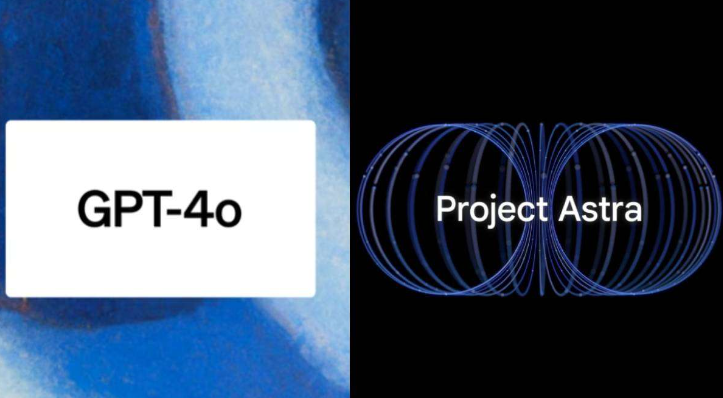Google and OpenAI Unveil Next-Gen AI Assistants: Project Astra and GPT-4o (GS Paper 3, Science & Technology)

Introduction:
- At Google I/O 2024, groundbreaking advancements in artificial intelligence were revealed, ushering in a new era of human-computer interaction.
- Google and OpenAI introduced their latest AI assistants, Project Astra and GPT-4o, promising enhanced flexibility and utility in user interactions.
Project Astra: Redefining AI Interaction
- Google's Project Astra aims to revolutionize AI interaction by integrating multimodal language support into smart glasses and smartphones.
- This innovation enables users to engage with AI assistants through speech, text, and visual inputs, including photos and videos.
- Leveraging real-time data capture capabilities of device cameras, Project Astra empowers AI to access online information and learn from its environment, akin to the intelligent assistant depicted in Avengers: Infinity War.
The Innovation of Gemini:
- Project Astra is built upon Google's Gemini, a multimodal foundation model designed to comprehend and process diverse inputs simultaneously.
- Demonstrated during Google I/O, devices like the Google Pixel phone and prototype smart glasses showcased Gemini's prowess in interpreting continuous streams of audio and video data, facilitating real-time interactions and environmental awareness.
OpenAI's GPT-4o: The Omni-Model Approach
- Concurrently, OpenAI introduced GPT-4o (omni), a versatile model capable of multifaceted tasks such as language translation, mathematical problem-solving, and code debugging.
- Initially showcased on smartphones, GPT-4o boasts comparable capabilities to Project Astra, marking a significant advancement in AI functionality.
Multimodal AI Language: Enhancing Interaction and Accessibility
- Multimodal AI language models, exemplified by GPT-4 and Google's PaLM, amalgamate text with diverse data types like images and sounds, enhancing interpretation and generation capabilities.
- Utilizing transformer structures, these models streamline complex tasks such as visual question answering and audio sentiment analysis, while also improving accessibility technology for individuals with visual impairments.
- However, the development of multimodal systems necessitates substantial computing power and extensive data sets, underscoring the importance of advanced GPUs and large-scale storage solutions.
- Moreover, innovations in data error management and privacy protection are crucial for merging diverse data sources seamlessly.
Conclusion:
- The unveiling of Project Astra and GPT-4o signifies a significant leap forward in AI technology, promising unparalleled versatility and utility in human-computer interaction.
- As these advanced AI assistants become increasingly integrated into daily life, they hold the potential to transform how individuals connect with technology and navigate the digital landscape.


